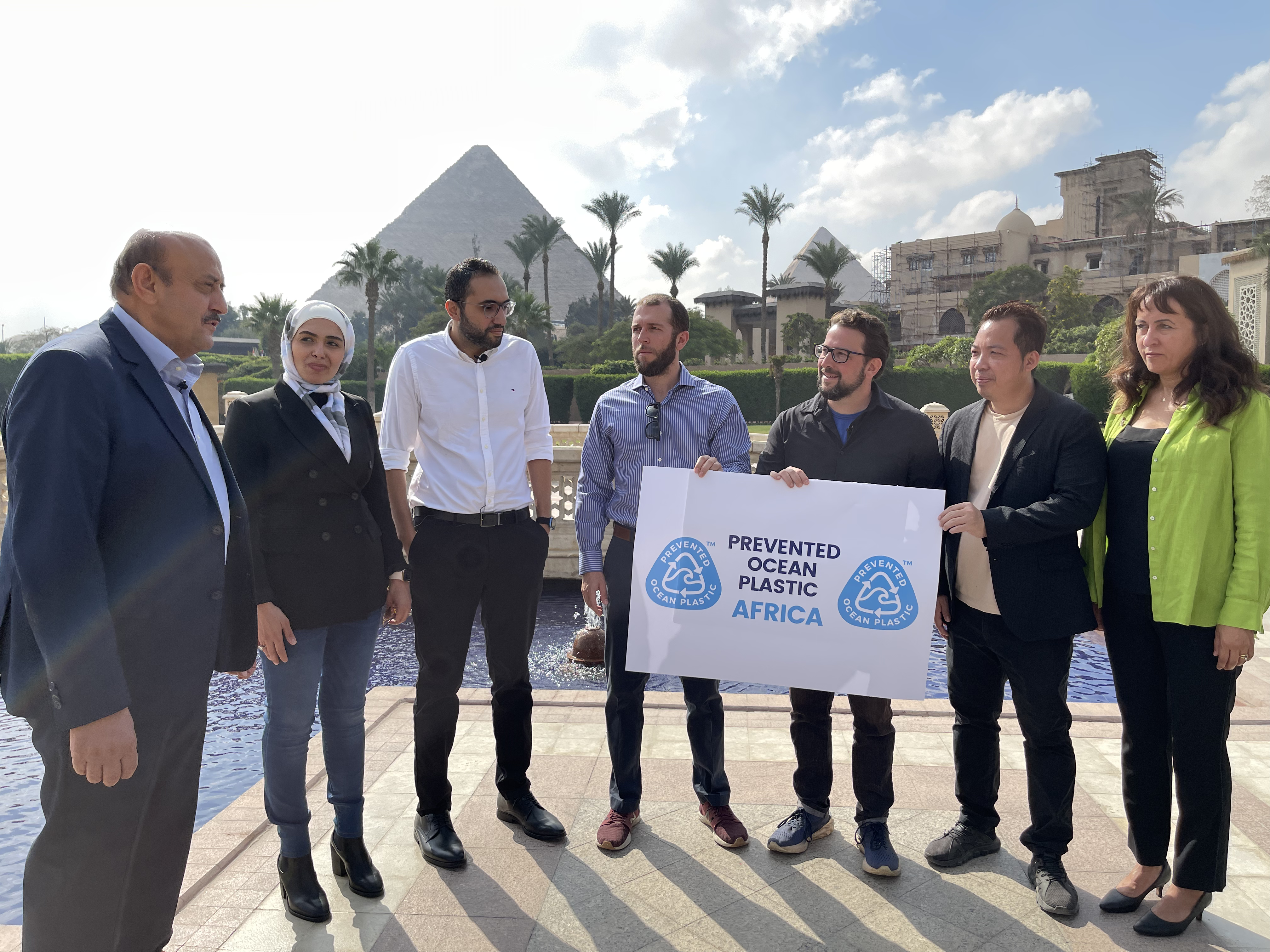Join us in creating a truly circular economy for plastic
THE ARTICLES ON THESE PAGES ARE PRODUCED BY BUSINESS REPORTER, WHICH TAKES SOLE RESPONSIBILITY FOR THE CONTENTS

Bantam Materials is a Business Reporter client
We’re all facing challenging times, and cost-cutting is undoubtedly high on every company’s agenda. For short-sighted businesses concerned only with near-term outcomes, sustainable activities – still regarded by some as a “nice to have” – could well be first on the chopping block. And yet it is continued focus on sustainable solutions that will help guard against similar periods of volatility in the future. That’s why we’re inviting the plastic industry, legislators and stakeholders to meet with us to see what’s possible when it comes to recycling.
A focus on the future and building infrastructure that will create positive impact on people and the planet was the thinking behind the launch of our Prevented Ocean Plastic programme in Africa. We’ve already stopped more than a billion bottles from reaching the ocean in South-East Asia, Central America and South America alone since our launch in 2019. And this new programme will help us accelerate to stop one billion more over the next 18 months alone.
Prevented Ocean Plastic is high quality, certified and traceable plastic, recycled from plastic waste collected from coastal areas at risk of ocean pollution. The process uses old instead of new builds to contribute towards a circular economy in which plastic retains its value and doesn’t become litter, and mitigates the carbon emissions associated with new plastic production.
The programme in Africa will see plastic collected from Swahili and North African coastal regions, including from around the Nile, which are most at risk of plastic pollution. The programme will collect plastic from areas with little or no current recycling infrastructure for processing in North Africa.
Not only does the programme have an obvious environmental benefit, but it’s helping support economies across the world by creating income and employment opportunities for those in the formal and informal waste sector overseas. In Africa – where the programme will divert up to 5,000 tons of plastic a year from the ocean – Prevented Ocean Plastic will provide fairly paid, monitored work for collectors and those working in the recycling centre. We have seen the poverty experienced in countries at risk of plastic pollution, and know that a safe, reliable income can be life-changing.
There are win-win opportunities such as ours across the board. Our recycled plastic is used by well-known brands and retailers in the UK, which enables them to appease increasingly demanding stakeholders, meet sustainability targets and adhere to legislation such as the Plastics Packaging Tax. And it also meets growing consumer demand. In the context of packaging alone, 90 per cent of UK adults now believe that plastic waste should be used to create useful resources, while 62 per cent of shoppers actively choose products packaged in a more environmentally responsible way. There is no shortage of similar statistics for other sectors.
With COP27 nearly upon us and G20 on the horizon, I urge all decision makers, regulators and officials to meet with us to learn more about what’s possible in terms of innovation and scale – without enormous investment – when sustainable solutions are applied to the challenges we’re all facing.
Recent global events have really driven home how interconnected we all are. Everything we do, make, buy and use has impacts that ripple well beyond our immediate sphere. We need to remain mindful of this when we consider the big issues facing our industries and find ways to harness those ripples for the good of people and planet. And as much research shows, this in turn will positively affect profit through reduced operating costs, easier adherence to legislation, improved investor relations, greater competitiveness and so on. Now is not the time to turn our backs on these opportunities.
For more information please visit: www.bantamltd.com.
Originally published on Business Reporter

Bookmark popover
Removed from bookmarks